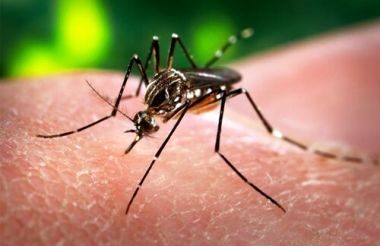Untreatable mosquito-borne disease that can cause deformities in babies reaches Texas

Living in Texas? There is a new menace that you should be watching out for.
An untreatable mosquito-borne disease that has caused mental deformities to several babies in Brazil has already reached the United States, particularly Texas, the Center for Disease Control and Prevention (CDC) confirmed on Monday.
According to a report by Fox News, the first case of the incurable disease attributed to the Zika virus was reported by an unidentified woman who earlier traveled to Latin America.
The woman reportedly consulted her doctor following her Latin America trip after she exhibited symptoms of the Zika disease, including rashes, joint pain, conjunctivitis or sore eyes, and fever.
Despite the first reported case of the disease in Texas, health officials are not sounding the alarm bells just yet.
Dr. Umair Shah, executive director of Harris County Public Health, told Fox News that health authorities are still monitoring if there is a threat of the Zika virus spreading across the state or the country.
"We're always going out to the field, we're trapping, we're collecting, and we're checking. We're isolating the virus...so there shouldn't be any alarm right now," Shah said.
For the CDC, however, it is better safe than sorry. The centre has already advised Americans to take precautionary measures against mosquitoes, such as using repellents and wearing long sleeves and pants, especially when travelling to areas were the Zika virus disease is prevalent.
In Brazil, over 2,400 infants are suspected to have suffered brain damage due to the Zika virus.
Aside from Brazil, cases of the Zika virus have also been reported in Yap Island in Micronesia, in Tahiti and other parts of French Polynesia.
At present, there are no medications or vaccines that can cure the Zika virus, although most cases are mild and just require several weeks of recovery. More serious cases require hospitalisation.











